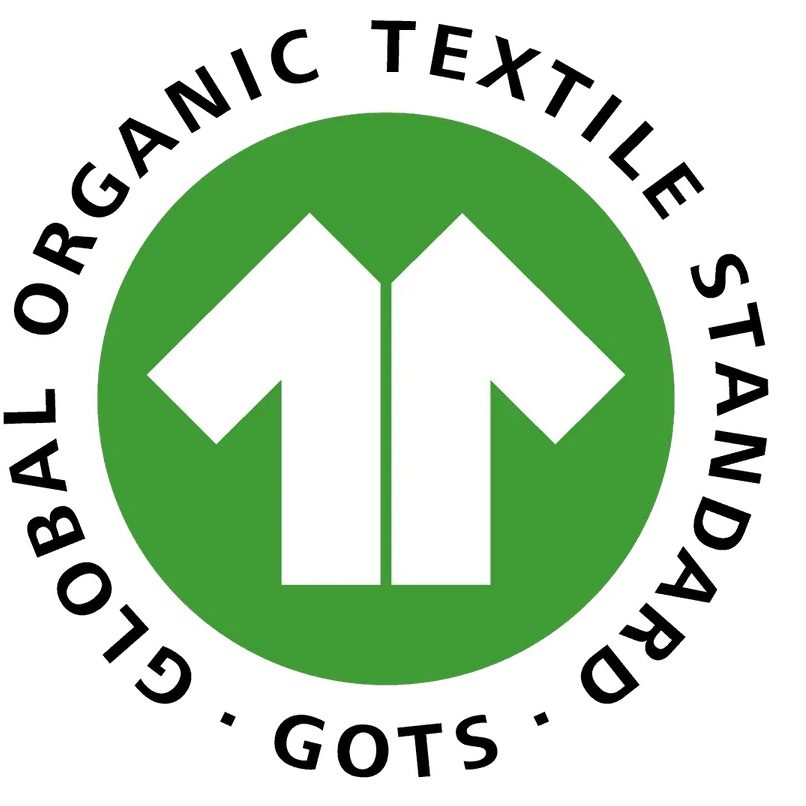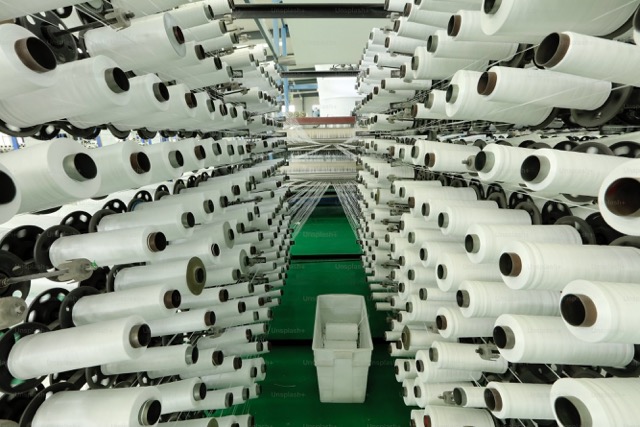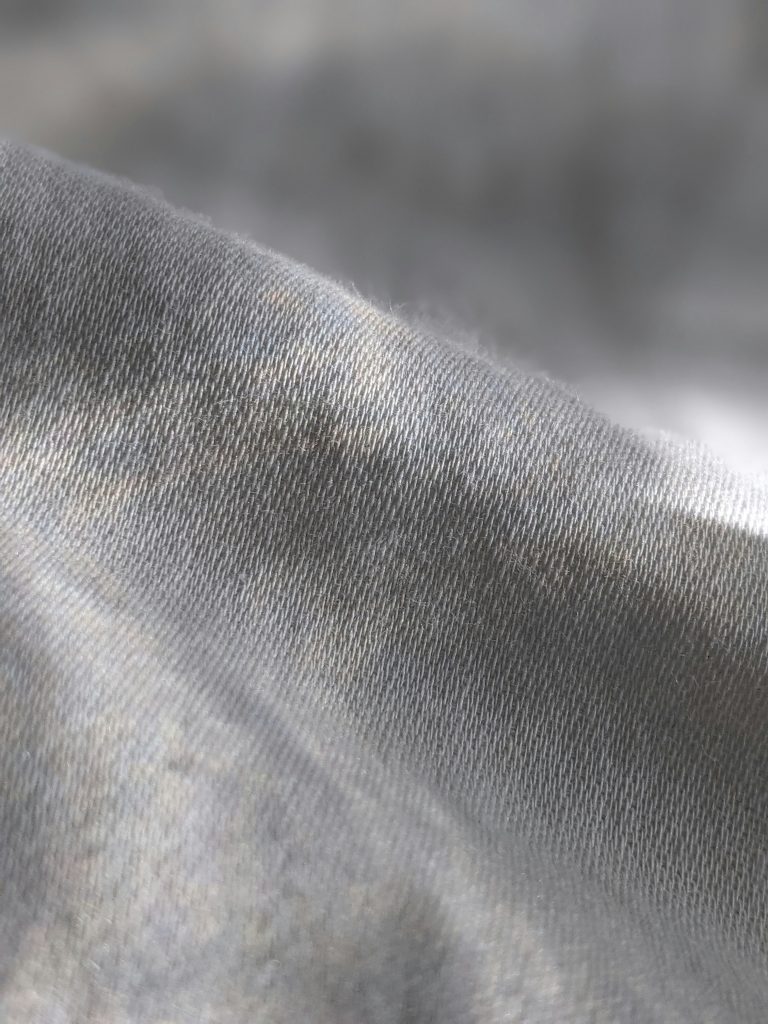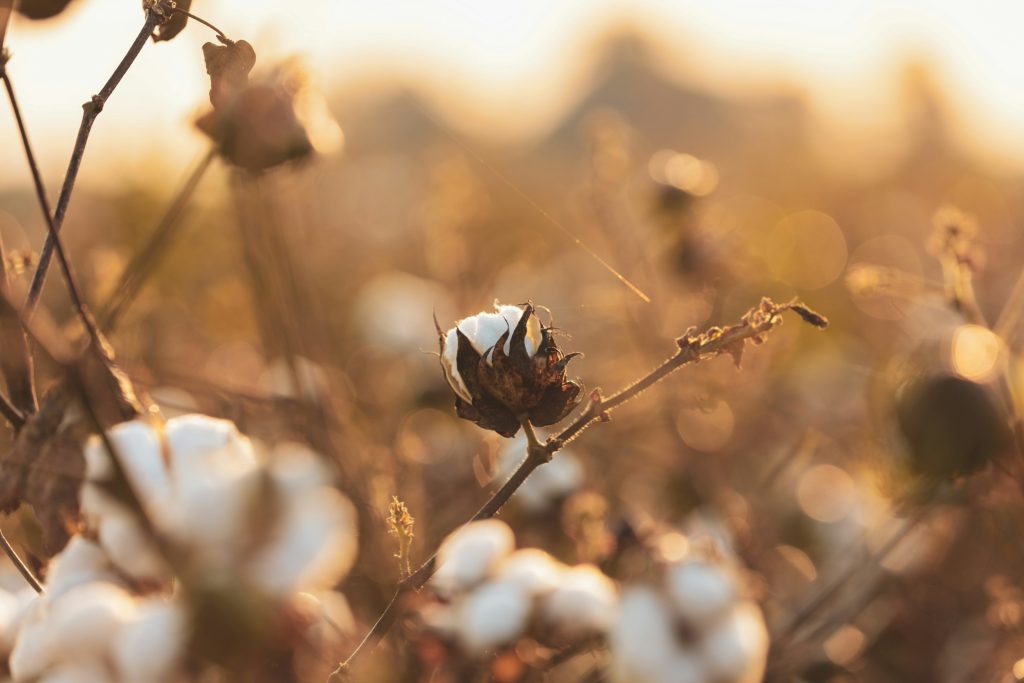GOTS: The certification your textiles should have
The Global Organic Textile Standard (GOTS) is a worldwide leading textile processing standard for organic fibers, including ecological and social criteria, backed up by independent certification of the entire textile supply chain. With an increasing demand for sustainable and eco-friendly products, GOTS certification has become a crucial benchmark for the textile industry, consumers, and the environment. This article will explore the significance of the GOTS standard, what to check for, and its impact on sustainability.

GOTS – The Gold Standard for Organic Textiles
GOTS was developed by leading standard setters to define globally recognized requirements for organic textiles. It covers the processing, manufacturing, packaging, labeling, trading, and distribution of textiles made from at least 70% certified organic natural fibers. The standard ensures that the textile products are processed using environmentally and socially responsible methods, from harvesting raw materials to finishing the final product. By adhering to the GOTS criteria, textile manufacturers can minimize their environmental footprint, provide safe working conditions, and promote sustainable farming practices.

What to Check for GOTS Certification
For a textile product to carry the GOTS label, it must meet strict criteria and undergo rigorous inspections by an accredited certification body. Here are some essential aspects to check for GOTS certification:
- Organic Fiber Content: The textile product must contain at least 70% certified organic fibers. For the “organic” label, the content should be 95% or more.
- Prohibited Chemicals: GOTS prohibits the use of harmful chemicals, such as azo dyes, formaldehyde, heavy metals, and chlorine bleach, during processing and manufacturing.
- Environmental Criteria: GOTS-certified operations must follow strict environmental guidelines, including wastewater treatment, energy and water management, and the use of natural or low-impact dyes and auxiliaries.
- Social Criteria: GOTS requires manufacturers to adhere to the International Labor Organization (ILO) conventions, ensuring fair wages, safe working conditions, and prohibiting child labor.
- Inspections and Certification: GOTS certification involves annual on-site inspections, extensive documentation, and regular updates to maintain compliance.


How GOTS Certification Impacts the Industry, Environment, and Consumers
- Industry: GOTS certification helps textile manufacturers differentiate themselves in the market, catering to the growing demand for eco-friendly and sustainable products. It promotes ethical sourcing, responsible manufacturing, and transparency in the supply chain.
- Environment: GOTS certification supports organic agriculture, reduces harmful chemical use, conserves water and energy, and minimizes waste and pollution. Organic farming methods contribute to healthier soil, improved biodiversity, and lower greenhouse gas emissions.
- Consumers: GOTS-certified textiles offer consumers the assurance of ecologically and socially responsible production. By choosing GOTS-certified products, they can support sustainable agriculture, ethical labor practices, and minimize their environmental impact.

The Role of GOTS in Promoting Sustainability
GOTS certification plays a pivotal role in promoting sustainability within the textile industry. By fostering organic agriculture and responsible manufacturing practices, GOTS contributes to several United Nations Sustainable Development Goals (SDGs), such as SDG 12 (responsible consumption and production), SDG 8 (decent work and economic growth), and SDG 13 (climate action).
Moreover, GOTS certification encourages continuous improvement and innovation in the textile sector, pushing manufacturers to adopt cleaner technologies, reduce waste, and conserve resources. It also helps raise consumer awareness about the environmental and social impacts of textile production, promoting responsible purchasing decisions and supporting the growth of a sustainable textile industry.
In conclusion, the Global Organic Textile Standard is a vital tool for driving sustainable practices within the textile industry. By checking for GOTS certification, consumers can make informed choices, supporting responsible manufacturing and contributing to a more sustainable future. The GOTS standard not only benefits the environment and the industry but also empowers consumers to make a difference through their purchasing decisions. As the demand for eco-friendly and sustainable textiles continues to grow, GOTS certification will remain an essential benchmark for the textile industry, its stakeholders, and the planet.
Explore more industry articles on our dedicated page.



